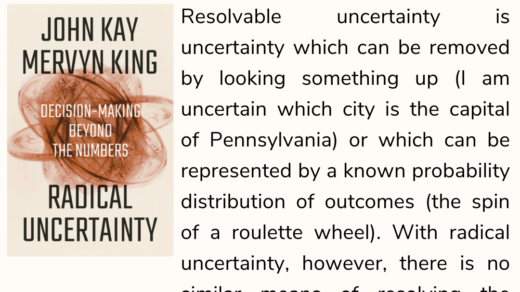In short, intuitive theories focus more on the perceptible than the imperceptible, more on things than processes, and more on objects than contexts. Each of these themes extends to several intuitive theories but not all. Intuitive theories differ in form and function, and it would be a mistake to try to shoehorn all such theories into a single category. Failing to appreciate the role of molecular motion in heat transfer is substantively different from failing to appreciate the role of tectonic plates in volcanism. Failing to abstract a notion of density from the perceptual experience of heft is substantively different from failing to abstract a notion of germs from the perceptual experience of contagion. Any educator who wants to help students confront and correct their intuitive theories needs to tailor his or her instruction to those theories. There is, however, at least one common thread running through all intuitive theories: they are narrower and shallower than their scientific counterparts. They are narrower in what they explain, and they are shallower in how they explain it. Intuitive theories are about coping with present circumstances, the here and the now. Scientific theories are about the full causal story—from past to future, from the observable to the unobservable, from the minuscule to the immense.
Intuitive concepts that we naturally form vs scientific concepts that were developed from research. Our intuition comes from our experiences, and that can be very helpful in many day to day situations and dealing with people, but we do need to be able to correct our intuitive theories.


